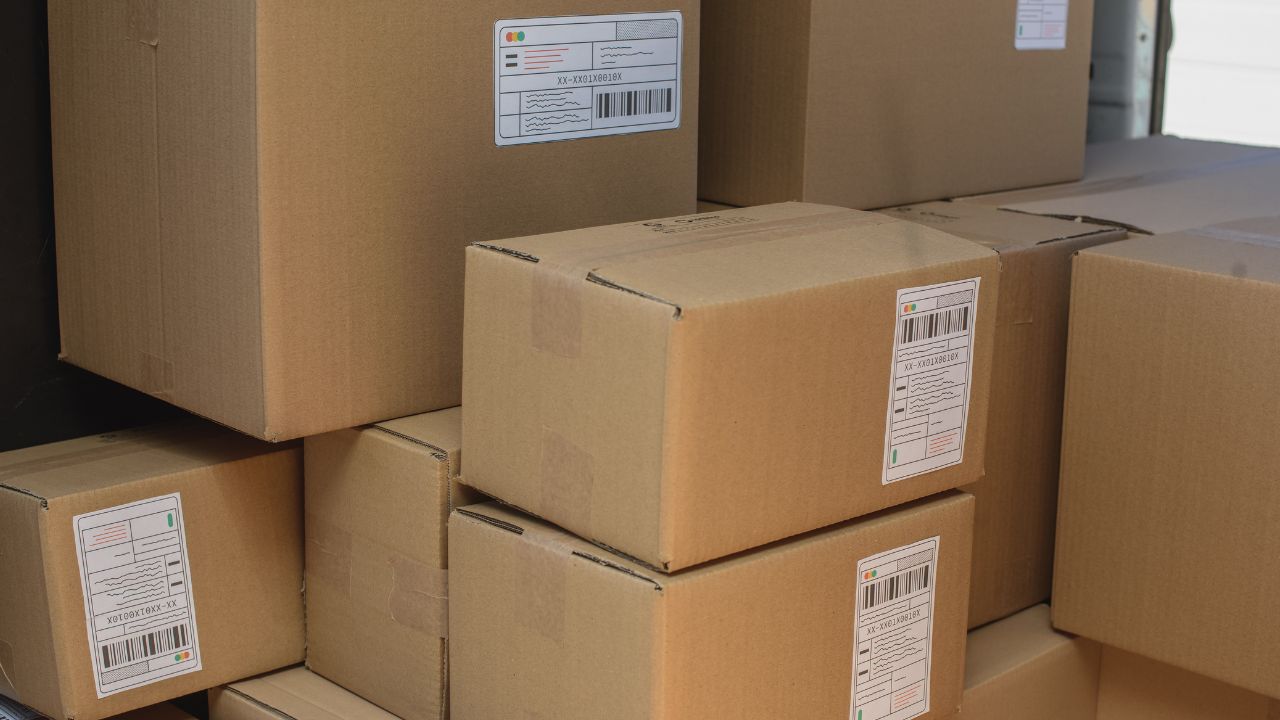You can't declare your business successful if your packing is compromised. Businesses often neglect this important aspect, resulting in losing either revenue or customers. In most cases, the type of box is the primary requirement that is not efficiently met.
Therefore, the type of box you choose plays a critical role. A good box ensures your items arrive safely and in good condition. To make the safest delivery, businesses across various industries rely on different types of shipping boxes to deliver their unique items safely.
Here's a closer look at the types of shipping boxes, such as Corrugated Boxes and others, commonly used and their specific applications.
Types of Shipping Boxes
Cardboard Boxes
Cardboard boxes are the most widely used shipping solution. Available in multiple sizes and thicknesses, cardboard boxes emerge as a go-to option that is suitable for your product range. Their versatility and cost-effectiveness play a major role in their high demand. Also, the lightweight and sturdy build makes them ideal for transporting a variety of items. Additionally, their ease of customization allows businesses to protect their brand smartly.
Corrugated Boxes
Corrugated boxes are the go-to choice for goods that require extra protection. Why? Because these boxes are constructed with multiple layers of fluted paperboard sandwiched between flat liner boards, This arrangement enhances durability and enough shock absorption.
If you deal in fragile items, heavy, or valuable items, corrugated boxes can be the perfect choice that ensures ultimate protection. Their ability to withstand stacking pressure and rough handling makes them a staple in manufacturing, e-commerce, and retail industries.
Foldable Boxes
Foldable boxes are great alternatives in scenarios where limited storage space is the main challenge. These collapsable boxes can be easily flattened when not in use and efficiently stored. This collapsable structure makes them a convenient option for businesses with fluctuating packaging needs.
You might doubt their sturdiness and build, but we understand. Despite their foldable nature, fortunately, these boxes are durable and can hold various types of goods with varying weights — from lightweight apparel to heavier products.
Specialty Boxes
Certain products require specialized packaging to ensure safe delivery. Specialty boxes cater to unique requirements such as temperature control, cushioning for delicate items, and customized dimensions.
For instance, some specialty boxes are designed with anti-static properties and padded interiors. Such boxes are great for protecting sensitive components from damage. Certain perishable goods, such as medicines or food items, require special dealing. Insulated boxes with heat-resistant materials are used for such items to maintain their freshness.
Environment-Friendly Shipping Boxes
Many businesses are switching to eco-friendly options. In this regard, the recyclable boxes are gaining more popularity. Businesses are investing more in such boxes because these are made up of eco-friendly materials such as:
- Recycled cardboard or corrugated materials
- Biodegradable coatings
- Minimalist design to reduce material waste
These boxes are the best alternatives if you, as a business, aim to reduce your carbon footprint. Besides, these boxes can also play a crucial role in enhancing your brand image. As customers find your shipping philosophy aligned with greener practices, they'll tend to come back and even recommend you.
Final Thoughts
You, as a business, must understand how various types of boxes differ from each other. This understanding allows you to make informed decisions that align with your customers’ expectations and transportation requirements.
Choosing the proper packaging protects your products and elevates your brand image and operational efficiency, so choose wisely.


